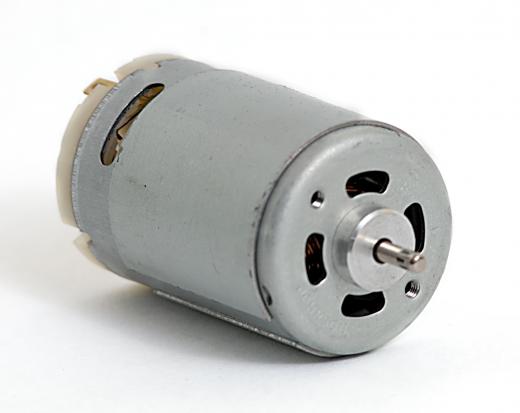A unipolar motor is one of several different types of small motors that are utilized in a number of small devices. One of the more common applications of this direct current (DC) electric motor is in the manufacture of portable music devices, such as cassette recorders. The configuration of the motor includes the use of a magnetic band or strip that encompasses the inner section of the motor itself, with one pole in the design facing outward and a second one facing inward. While the motor design does in fact include two poles, only one of the poles actually has an effect on motor function, hence the reference to the motor being unipolar in nature.
With what is known as a unipolar stepper motor, the magnetic bands respond to the movement of the magnetic field, allowing the motor to control a number of functions with ease. For example, with a cassette recorder, the function of the unipolar motor makes it possible to control the forward and rewinding features, ensures the magnetic tape is progressing at a measured speed to ensure proper sound quality and production, and in general make sure the device functions as it should. When used in other devices, the careful manipulation of the magnetic field helps to ensure efficient function with little to no interruption in service.

Part of the design of a unipolar motor will often include what is known as a microcontroller. This particular component helps to ensure the proper function of various features found on the device by triggering the proper response. This means that if the user of a cassette recorder wishes to utilize the record feature, this can be managed by pressing the combination of the record and play keys on some models, or only the record key on others. The controller will work in tandem with other elements in the motor to advance the tape at a consistent pace, capturing the sound, and making it possible to create a more or less permanent record on the magnetic tape. The controller also helps to support such functions as fast-forwarding and rewinding the tape, stopping the advance, and starting the play feature when desired.

One of the chief benefits of the unipolar motor is the simplicity of the design. While effective, the creation of this type of motor is not difficult and is actually very inexpensive. These two features have made it possible to use the unipolar motor design in a number of smaller devices and allow manufacturers to produce goods that can be sold at affordable prices. This in turn means that consumers can enjoy quality service from these budget priced devices without having to spend a great deal of money.

